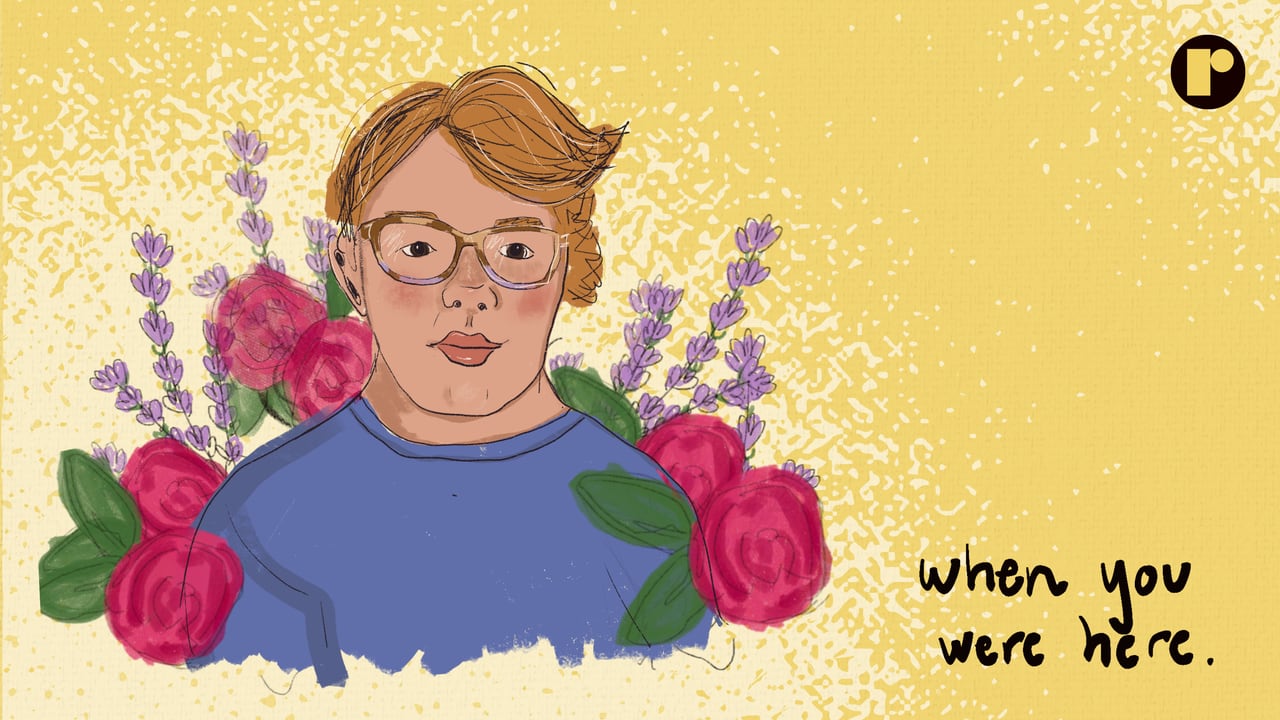From grief to celebration: We need to remember trans lives beyond violence
Leading up to his death in July, 18-year-old trans boy Jacob Williamson stayed with his family friend Promise Edwards for 28 days. On July 4, Williamson’s body was found, having been killed by a man he had been meeting up with from online.
Williamson is one of 26 trans people who have been victims of anti-trans homicide in the U.S. Amid a grim and brutal year for LGBTQ people overall, trans homicides remain to be a stark throughline; last year, we saw 41 trans people killed at the hands of anti-trans violence, while 59 were killed the year before, and 45 in 2020. A majority of the victims have been Black trans women, this year included, where they make up nearly 66% of the homicides.
While the numbers differ every year, they continue to convey how much more vulnerable the trans community is compared to the rest of the LGBQ community overall. As a response to murders like Williamson’s, Reckon started the When You Were Here series to combat the lack of humanity in reporting of such violence.
Rather than detailing the graphic horrors of their murders, our series turns the tide by shining light on the memories their loved ones had of them when they were living. In Williamson’s case, Edwards tells Reckon that she grew up with Williamson’s mother and raised him multiple times throughout his childhood when his mother couldn’t—and eventually refused to raise him due to him being trans. That’s when Edwards stepped in to fully take Williamson in this summer.
“I’m proud of him standing up and living his truth even if it was for 28 days. Now, I can spend the rest of my life making sure that other people have the opportunity to live in their truth safely, and that they have support and resources to reach out to if they can’t do that safely so that nobody else has to feel like this or feel alone,” she said.
Although heartbroken, Edwards believes in the power of continuing to share the life trans people who were killed lived. “They don’t just go away the next day,” she said. “[Transgender Day of Remembrance] means supporting the ones in death that may not have had that in life. Like Jacob, whose life was full of disapproval and turmoil because he couldn’t be himself freely, he is now remembered for who he was and not who people wanted him to be.”
At large, journalist and trans activist Imara Jones wants us to not forget that the full title of the observance is Transgender Day or Remembrance and Resilience. Jones, who is the founder of Trans Lash Media, a Black trans-led nonprofit news organization.
She says that honoring the resilience aspect helps center “people’s lives and [their] ability to continue to create and move forward, regardless of what is happening in the world around us.”
“That particular piece of our existence is one of the most fascinating and magical things about trans people.”
In honor of Transgender Day of Remembrance, an annual observance that honors trans lives lost to violence, here are all the When You Were Here installments—full of joy, love and perseverance.
For Trans Day of Remembrance, we’re highlighting Laurens, S.C. teenager’s story of unconditional love and belonging.Abbey Crain
Jacob Williamson in Laurens, S.C.
This teenager always carried a composition notebook when he was a child, sketching out his own anime characters along with their stats, such as what kind of powers they had. “I used to tell him when he was [around] 10, ‘You can make video games one day when you get older,’” Promise Edwards, his caretaker said. “He was just so spunky and loving. Mature beyond need, but vulnerable.”
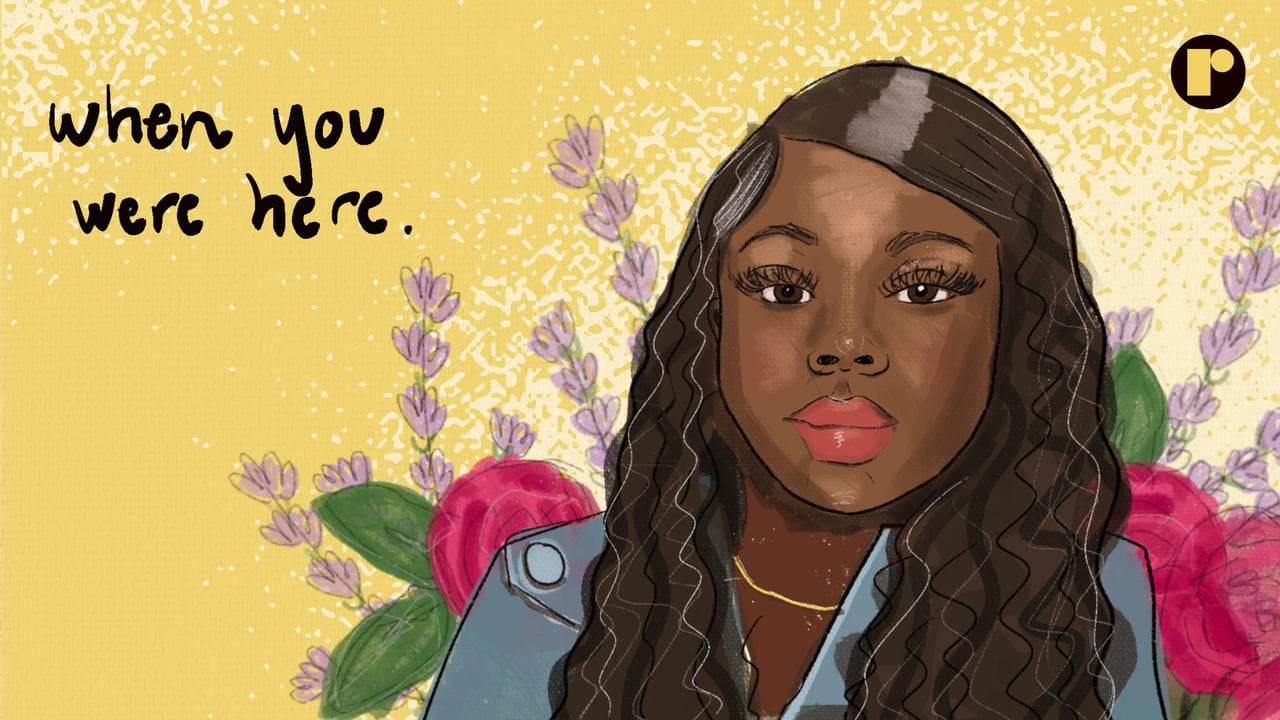
Tasiyah “Siyah” Woodland
Tasiyah “Siyah” Woodland in Lexington park, Md.
A decade ago, when she first met Jayda Amora, who would become her best friend, Woodland said, “Your jeans are tight—are you gay?” At the time, the two were in fourth grade at Lexington Park Elementary School in Maryland. “Something about her I also saw in myself,” Amora said. “We were different than everybody else—or at least the boys in school.”
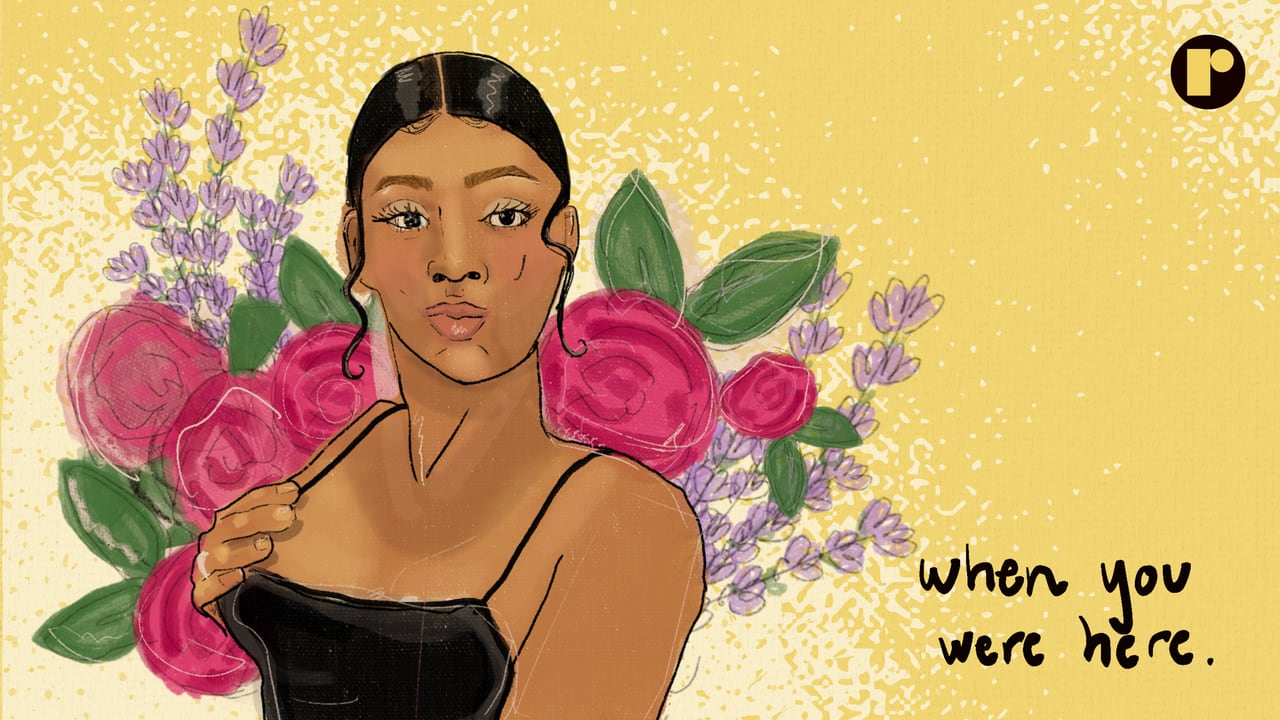
Maria Jose Rivera Rivera
Maria Jose Rivera Rivera in Houston, Tx.
Originally from El Salvador, Rivera spent a year in the South Texas ICE Processing Center. When she was released with other trans women, her attorney Cristian Sánchez of RAICES recalls her wearing “an adorable outfit,” he said. “It did not look like she had been in detention. She was also the only person to come out of that center wearing sunglasses!”
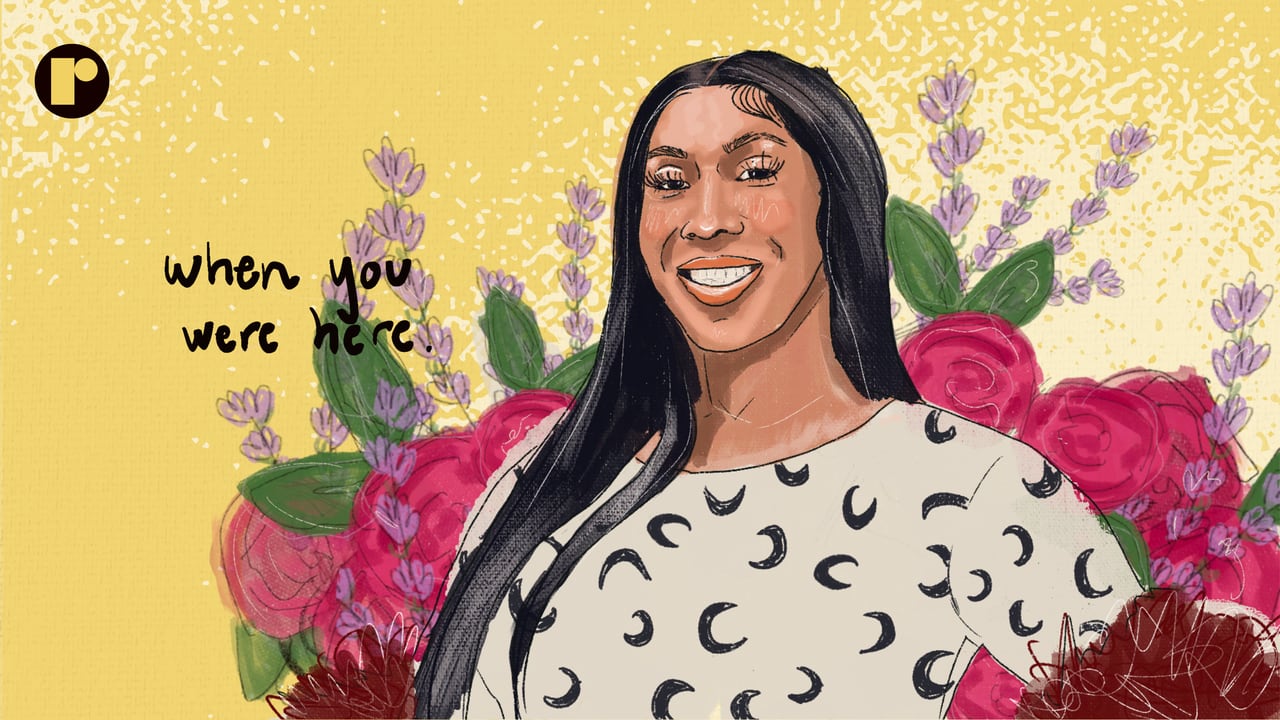
KoKo Da Doll
Rasheeda Williams (AKA KoKo Da Doll) in Atlanta, Ga.
Williams’ most recent single “Bulletproof” was released Jan. 2022 under her musician name Hollywood KoKo. In the song, she raps about her power, riding in “bulletproof G-Wagons” and embodying a “presidential” level of glamor. And in case the message of the song isn’t clear, she puts it plainly in five words: “A regular bitch could never.”
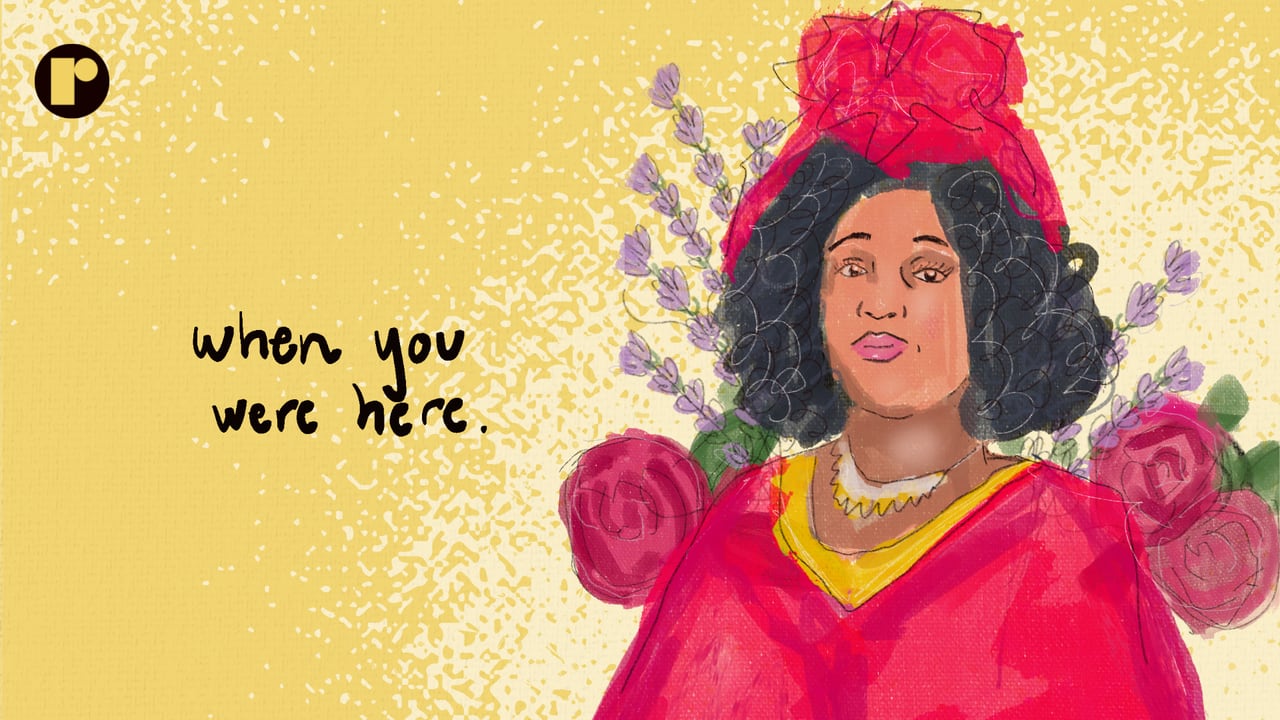
Imanitwitaho Zachee
Imanitwitaho Zachee in Louisville, Ky.
Zachee sought asylum from Rwanda, and her case manager Becky Burnside helped her find a job in the U.S. “There was always a language barrier, but I do remember the ways you can communicate without language,” Burnside said. “I just remember seeing her and always trying to catch her eye and share a smile. I definitely remember her big smile.”
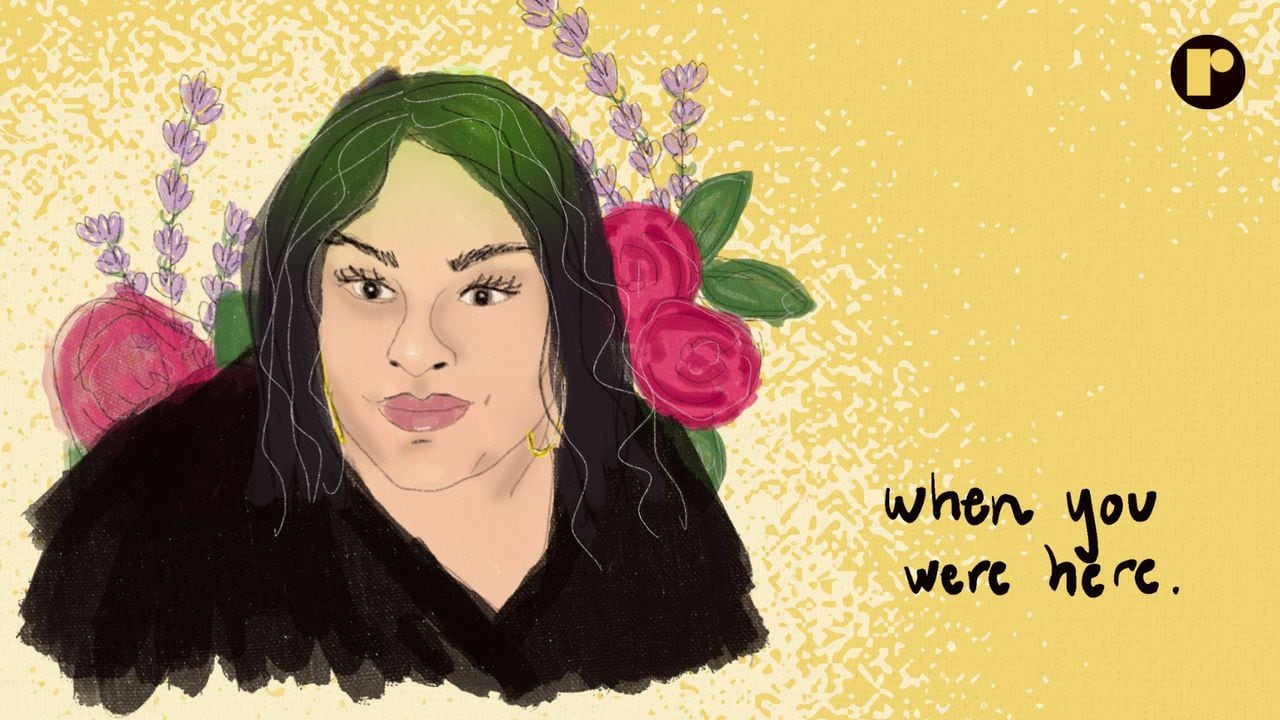
KC Johnson
KC Johnson in Wilmington, N.C.
On a bucket list of dates with her girlfriend Bulla Brodzinski, they planned on going to Jungle Rapids, a water park nearby. She wished to be hand in hand under the North Carolina sun, moving with the currents of the lazy river or jetting down the water slides. She also hoped for a romantic picnic date during sunset, watching the sun inch its way below the horizon.
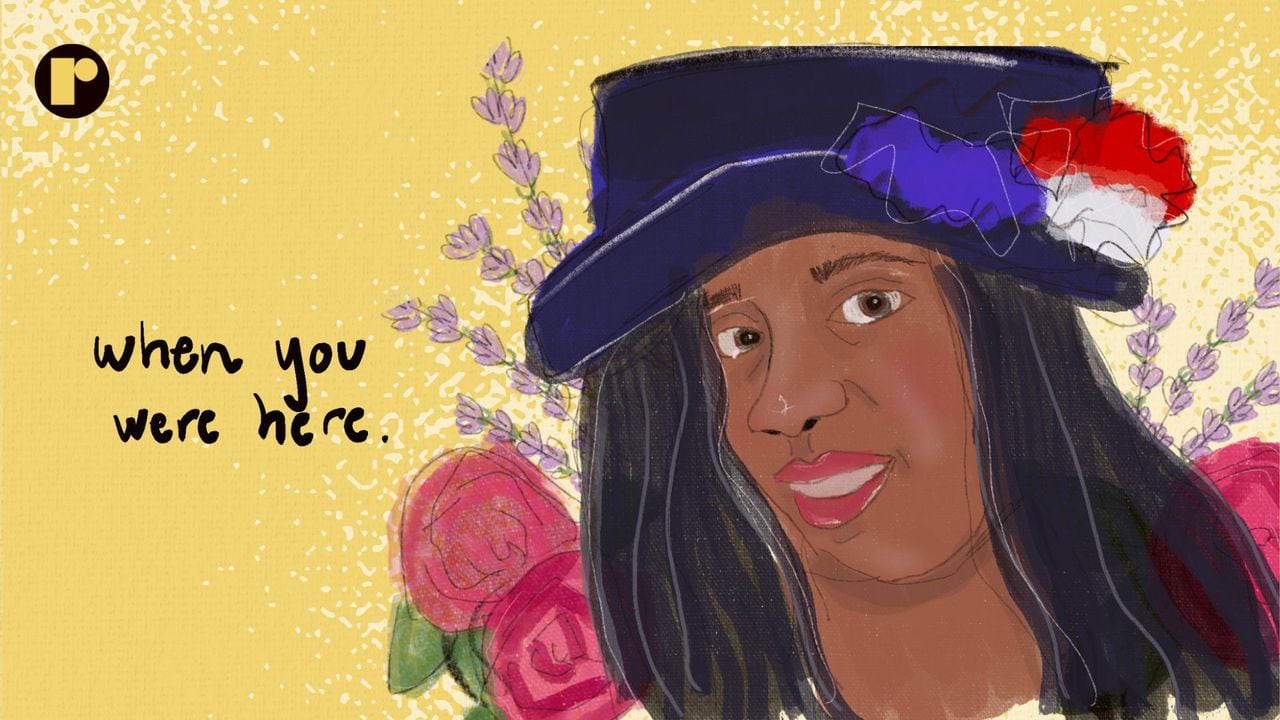
Jasmine “Star” Mack
Jasmine “Star” Mack in Washington D.C.
Kemaira never felt a dull moment with her aunt Star, especially when it came to her jokes. “[My sister and I] would have our hair freshly done, and she’d be like ‘Oooh, I want mine just like that!’,” Kemaira said, her voice trailing off into a cry. “Her energy was just like… You can never get that from nobody.”
